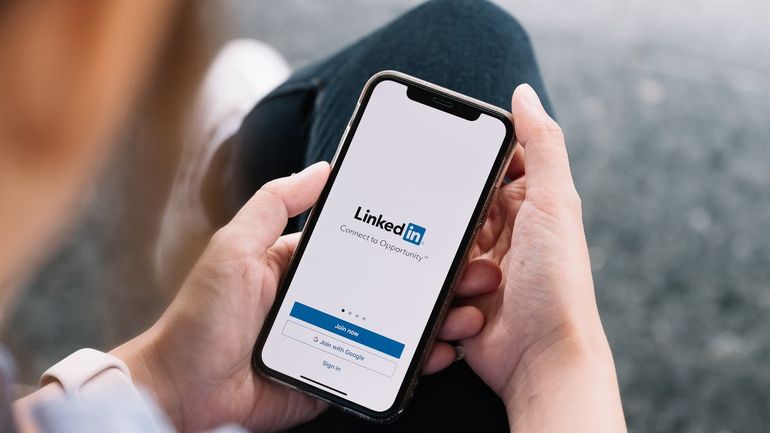
The Impact of B2B Brands Delivering on Customer Promises on Market Growth

Recent findings from the LinkedIn B2B Institute and Warc indicate that B2B brands that fulfill promises to customers experience a boost in positive brand performance metrics, leading to potential market share growth.
According to research from the LinkedIn B2B Institute and Warc, B2B brands that clearly promise something to their customers are almost three times more likely to see an increase in their market share compared to those that do not.
In a recent study of 703 award entrants and winning B2B campaigns, it was found that only 18% of them explicitly promised something to the customer, while the remaining 82% did not.
During his talk at Advertising Week Europe 2024 on 15 May, Warc's managing editor of research and insights, Paul Stringer, highlighted that the data revealed a significant difference in the number of promises made in B2B marketing compared to B2C marketing. Additionally, Stringer noted a lack of "big, bold, brand-led ideas" in the B2B sector.
He believed that many B2B brands tend to prioritize their products over communication with customers. He also criticized the overemphasis on short-term tactics rather than focusing on long-term brand strategies.
The study revealed that B2B brands that made a promise to customers were more successful in driving brand health, market share increase, and market penetration. Specifically, brands with a promise were 2.5 times more likely to improve brand health, 2.9 times more likely to increase market share, and 1.2 times more likely to expand market penetration compared to those without a promise.
This work is a follow-up to research conducted last year that explored the advantages of making promises to customers in both B2C and B2B campaigns. An extended paper is set to be published in September.
The research from last year revealed that B2C brands that made promises were 1.5 times more likely to enhance brand health, 1.6 times more likely to increase market share, and 1.2 times more likely to expand market penetration.
At the B2B Institute at LinkedIn, Mimi Turner, head of EMEA, shared her perspective on the importance of brand in B2B marketing.
She emphasized that in B2B, brand plays a crucial role and is not just a luxury for those with extra funds. Turner believes that brand holds even more significance in B2B compared to B2C.
According to her, when all other factors are equal, the buyer group tends to choose the bigger brand as a deciding factor.
Last year, LinkedIn and Warc had initially planned to focus solely on B2B brand campaigns in their research. However, due to a limited dataset of only 435 B2B award-entry campaigns at the beginning of 2023, they were unable to draw accurate conclusions. Fortunately, this number has more than doubled since then, partly thanks to the introduction of the Creative B2B Lions in 2022.
The original research emphasized that a promise to the customer ultimately comes down to one of three things: providing better value and quality, offering ease of use, or delivering a product that evokes a unique emotional response.
Turner mentioned to Our Website in June that the key factors to consider are whether the promise is "valuable, deliverable, and memorable."
According to Turner, the great thing about making a promise to customers is that it doesn't cost anything. It's all about strategic thinking and can give brands, even those with limited budgets, a competitive edge.
Stringer mentioned the importance of a customer promise in redefining a brand to the board. It also serves as a measure of how customer-focused a company is. Making a promise indicates that the company has invested time in understanding customer needs.
Editor's P/S:
The article emphasizes the significance of brand promises in B2B marketing, highlighting that brands that make clear promises to customers experience substantial growth in market share and brand health. Despite the proven benefits, only a small percentage of B2B campaigns explicitly make promises. This gap presents an opportunity for B2B brands to differentiate themselves by focusing on creating and communicating value-driven promises.
The emphasis on short-term tactics and product-centric approaches in B2B marketing needs to shift towards long-term brand strategies. By prioritizing brand-led ideas and making promises that align with customer needs, B2B brands can build stronger connections, drive growth, and establish a competitive edge even with limited budgets.







